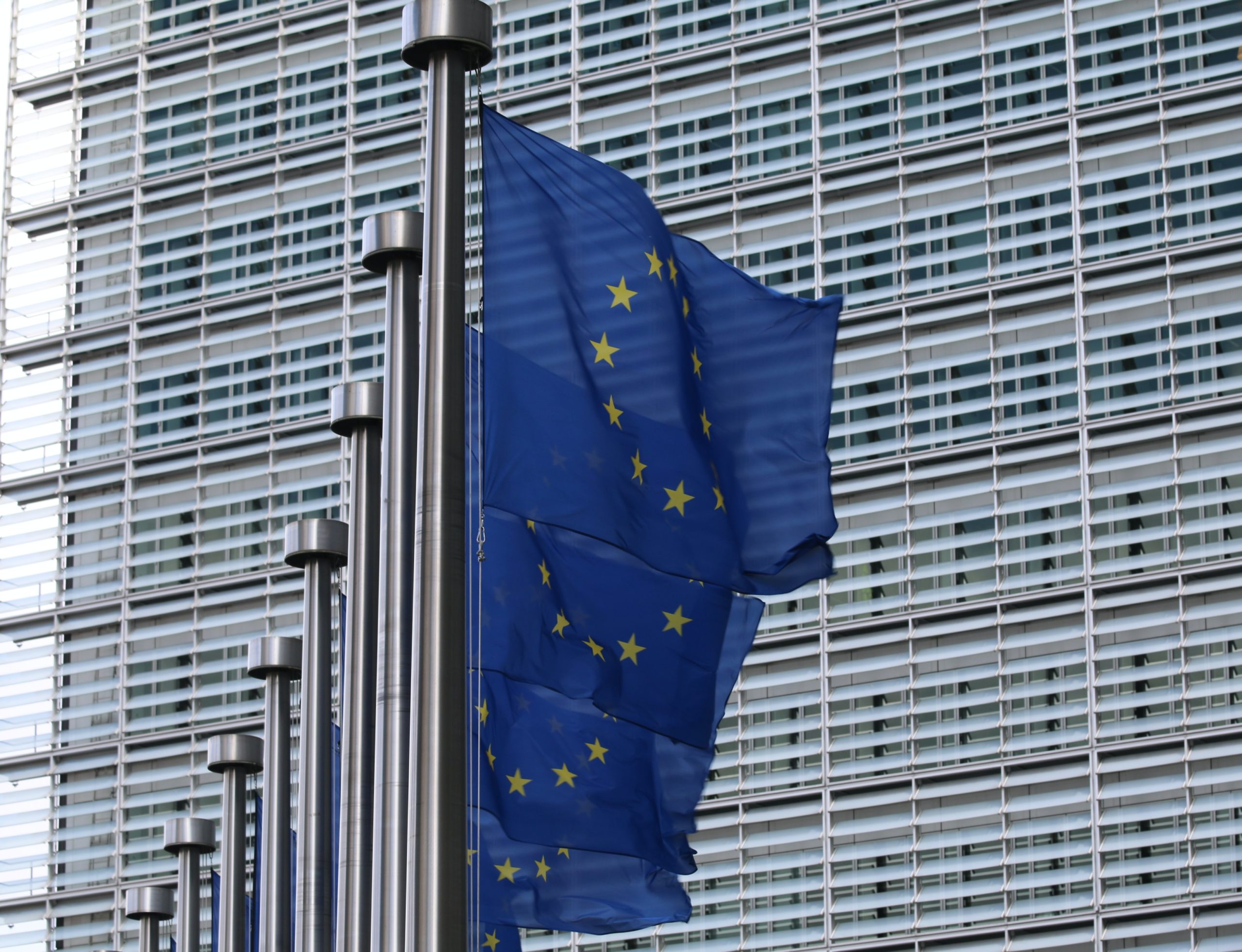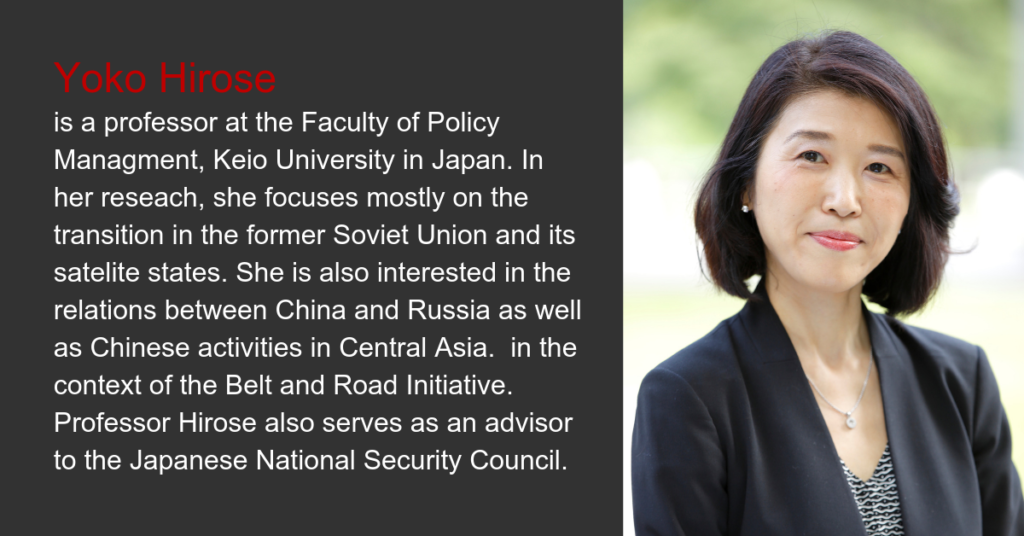As might be expected, Chinese media reactions to Taiwan’s general elections earlier this month have focused on one question: does the victorious Democratic Progressive Party (DPP) have legitimacy to govern Taiwan? This apparently refers to President-elect Lai Ching-te’s failure to receive more votes than the two opposition candidates, combined, as well as to the opposition Kuomintang (KMT) winning the most seats in the Legislative Yuan. The media’s accompanying framing of Taiwan as an inalienable part of China and threats against “secessionists” are not that original for those familiar with China’s political discourse about Taiwan. Concerns about the role of the United States in creating tensions between China and Taiwan were also frequently discussed.
According to searches on Baidu, Weibo, and WeChat, the most common online media reactions to the results of Taiwan’s general elections are based on the official statements of Chen Binhua 陈斌华, spokesperson of the PRC’s Taiwan Affairs Office, and Mao Ning 毛宁, spokesperson of the PRC’s Ministry of Foreign Affairs. Additionally, remarks of PRC Foreign Minister Wang Yi 王毅 on Taiwan “never being a country”, which he made during his visit to Cairo, are also often quoted. Articles published in mainland China over the two days after the elections mostly elaborated on the statements made by the PRC officials while also taking into account the international reactions to the election results.
The main talking point of China’s state media discourse is that the election results made clear the DPP’s failure to represent the majority of Taiwan’s population. Foreign reactions, ranging from Nauru shifting of diplomatic recognition to Beijing to congratulatory messages sent to Lai by some Western and East Asian leaders, are evaluated based on either their “friendliness” versus “ill intentions” towards China. The narrative that most of the world stands behind China on the issue of “reunification” plays a central role here. The United States is seen as the main culprit of “fueling tensions” between China and Taiwan, with its Taiwan strategy framed as part of its broader anti-China containment strategy. Only a few articles venture into discussing the domestic dynamics of Taiwan’s election.
Repeating official statements
The broadly reproduced statement of China’s Taiwan Affairs Office (国台办) by spokesperson Chen Binhua laid out a de-legitimizing strategy about the DPP’s upcoming third term in office. In Chen’s words, the election results have shown that the “DPP does not represent the mainstream of public opinion on the island”. While not elaborated further, this apparently refers to Lai’s inability to receive more votes than the two opposition candidates, combined, as well as to the KMT’s victory in the legislative election. This short remark on the results of the election is followed by a sequence of commonly heard statements about how Taiwan is an inalienable part of China. This includes the common threats against “Taiwan secessionist” (台独) forces both inside and outside Taiwan, and the threat of using non-peaceful means to achieve “reunification”, in the event that China’s “red lines” are crossed. Moreover, Chen also stated that the results of the elections will not change the general progress towards Taiwan’s “reunification” with China.
Mao Ning, the current spokesperson of the PRC’s Foreign Ministry, is quoted in various articles, mostly her answers to reporters’ questions on how the PRC government evaluates the results of the election. She sets out by noting that the PRC’s Taiwan Affairs Office has already answered questions on the topic and Taiwan’s affairs are China’s domestic affairs. The statement does not contain any evaluation of the election results. Instead, it is made up of references to Taiwan’s status as an inalienable part of China and claims that this is recognized by most foreign countries. Wang Yi‘s remarks on the election during his visit to Cairo on January 14 are frequently quoted, as well. Using historical references to the 1945 Cairo Conference, he argues that Taiwan’s status as land “stolen by Japan” to be returned to China was already recognized by the Allies in Cairo almost 80 years ago. In Wang’s phrasing, Taiwan “has never been a country, it was not one in the past, and will not become one in the future”.
The Global Times reported on Xi Jinping’s first reactions to the election result: for “united front work” to “strengthen the patriotic united forces in Taiwan, and oppose the separatist acts of ‘Taiwan independence‘ forces”. This is an apparent reference to the United Front Work Department (中共中央统战部), a Chinese Communist Party (CCP) organ tasked with building elite networks and influencing public opinion in Hong Kong, Macau, Taiwan, and among the Chinese diaspora worldwide (including in Europe). The same article also refers to a January 17 article originally published on the WeChat account of the Ministry of State Security (国家安全部) which threatened “Taiwan secessionists” with a “head-on attack” by China’s security organs.
Taking account of China’s friends and ill-wishers abroad
While Chinese state officials are eager to emphasize that the Taiwan election is an internal affair of China, many articles still discuss the reactions to the election results from outside of China and Taiwan. In this regard, a clear evaluation scheme is set up based on “friendly” reactions affirming China’s “territorial integrity” vis-à-vis “unfriendly” reactions of those states sending congratulatory messages to the new Taiwanese president-elect. Nauru, a small Pacific island nation of around 12,500 inhabitants, clearly steals the show here, due to its January 15 announcement of shifting diplomatic recognition from Taipei to Beijing. According to a China Daily editorial, Nauru’s shift means that Taipei already lost ten diplomatic allies during the eight years of DPP governance, while also claiming that an “unjust cause finds scant support”.
China’s state officials and state media eagerly insist that Taiwan’s recognition as part of China is the consensus of global public opinion, taking account of countries that have expressed support for China’s “territorial integrity” in various forms. In a longer version of Mao Ning’s January 15 press briefing published by the People’s Daily Online, Mao refers to her Russian counterpart Maria Zakharova’s January 13 statement on Russia’s recognition of Chinese sovereignty over Taiwan and Russia’s opposition to any form of “Taiwan independence”. Apart from commending Russia for its position, Mao also lists twenty-one other countries (including Hungary and Serbia) and two international organizations (the Shanghai Cooperation Organization and the Arab League) that have made similar statements in the past.
In contrast to praising such “friendly” statements by some countries, the congratulatory messages of several Western and Asian countries (the latter including Japan, the Philippines, and Singapore) to Lai are seen as “ill-intentioned” moves. In those countries whose leadership issued such congratulations, the local Chinese embassies took on the task of issuing statements of protest, widely re-shared on WeChat. The above-mentioned China Daily editorial dismisses these congratulations as “nothing but flash in the pan” and “histrionics”.
Focus on the China-Taiwan-US triangle
In an English-language Global Times article published on January 14, Xin Qiang, the deputy director of the Center for American Studies at Fudan University, tells us that “the risk[s] of increased cross-Straits tension are greater with the DPP continuing in power”. Meanwhile, Xin also notes that the “huge decline” of seats won by the DPP in Taiwan’s legislative election shows us that many residents have been disappointed by its rule. Xin argues that in case the DPP tries to push forward “extreme secessionist” policies, it is likely to encounter resistance from KMT in the Legislative Yuan.
China’s state-backed media seem to be somewhat self-assured that there will be domestic constraints on Lai’s “secessionist” ideas, especially by the KMT. Meanwhile, it is also widely discussed that domestic constraints will not be enough to deter “secessionists” from creating tensions between Beijing and Taipei. Concerns about the role of foreign actors, most notably the United States, loom large in the discussions. The above-mentioned Global Times article notes in its concluding section, citing a Taiwanese-born post-doctoral researcher at Xiamen’s Huaqiao University, that “Taiwan’s election system is under the manipulation and control of foreign interference forces”, and hence “the people in Taiwan are unable to effectively decide their own future”. Such claims on foreign interference are not supported by any reference to sources of evidence.
In the economic realm, there are also concerns about the future of China-Taiwan trade relations, as noted in a business-focused Global Times article published on January 15. The DPP’s increasingly anti-PRC isolationist attitudes are coupled with the US’ grand strategy to decouple Taiwan’s microchip industry from the Chinese market, as stated in the same article. A January 15 China Daily op-ed piece by Hong Kong-based Lau Siu-kai, who is described by Hong Kong Free Press as a “pro-Beijing scholar”, brings together a tirade of charges against US interference in Taiwan. In the article, titled “US only uses Taiwan to fulfill its own interests”, Taiwan is described as a “pawn on US’ strategic chessboard”.
It is clear that China-Taiwan relations are hardly seen as being independent of China-US and Taiwan-US relations, and most of the analyzed sources focus on the question of how the triangular relations will play out during the next four years. While it is generally argued that tensions are here to remain due to supposed US interference in and support for “Taiwan secessionist” forces, there is also some optimism about “mutual deterrence” working out between Beijing and Washington. As both Xin Qiang and Lau Siu-kai argue in the above-mentioned articles, given the domestic instability and potentially high costs of a major conflict with China over Taiwan, the US will likely discourage the Lai government from provoking an armed conflict with Beijing.
Some discussion about domestic factors in Taiwan
As demonstrated above, most of the discourse around the Taiwan elections are focused on emphasizing Chinese sovereignty over Taiwan and on the triangular relations among China, Taiwan, and the United States. While the new mantra of the “DPP not representing popular will in Taiwan anymore” is often included, much of the discourse in recently published Chinese media sources pays little attention to the domestic background of the elections.
There are some exceptions, such as an analytical article published on ChinaNews.com (中国新闻网), which brings together the opinions of various Taiwan scholars from mainland China. Director of the Chinese Academy of Social Sciences Taiwan Institute (中国社科院台湾研究所) Zhu Weidong 朱卫东 argues that Lai’s victory is an outcome of “multi-layered“ factors, and do not constitute a victory for “Taiwan secessionism”. Zhu argues that the DPP’s influence will be seriously constrained by its opposition in the upcoming term, highlighting the future role of the opposition Taiwan People’s Party (TPP) as a balancing force in the Legislative Yuan. Zhu also argues that the election results will put domestic constraints on any “secessionist” tendencies of the DPP.
In an article published by the Shenzhen-based online news site Direct News (直新闻), the TPP’s role in the elections is also analyzed in more detail. Lai’s victory is framed as a “lucky win” due to the failure of agreeing on a joint opposition candidate by KMT and TPP. Meanwhile, it also argued that due to the TPP’s “Third Way” identity, it was not fully realistic to expect a joint candidate to compete against Lai. The DPP and KMT are both described as disappointing for Taiwan’s youth, and the TPP’s success among young voters is highlighted. The article also insists on Lai not representing the mainstream public opinion in Taiwan.
Conclusion
The analysis of mainland Chinese state media sources on the outcome of the 2024 Taiwan general election suggests that Beijing’s view of the results is not as negative as commonly assumed outside of China. Non-DPP victories in both the presidential and legislative elections would have certainly pleased the CCP leadership more than Lai’s presidential victory with a KMT winning the most seats in the Legislative Yuan. Nevertheless, the DPP’s loss of its legislative majority and the fact that Lai secured fewer votes than his challengers combined provide a new narrative tool for the CCP to insist that Taiwan’s leadership does not represent the majority of the island’s population. This is coupled with the already well-known rhetoric of Taiwan being an inseparable part of China and the charges against “foreign forces”, especially the United States, for interference in Taiwan. For now, the CCP is likely to “wait and see” what Lai’s leadership will look like, and how the US will handle its relations with Taiwan in its own election year.







